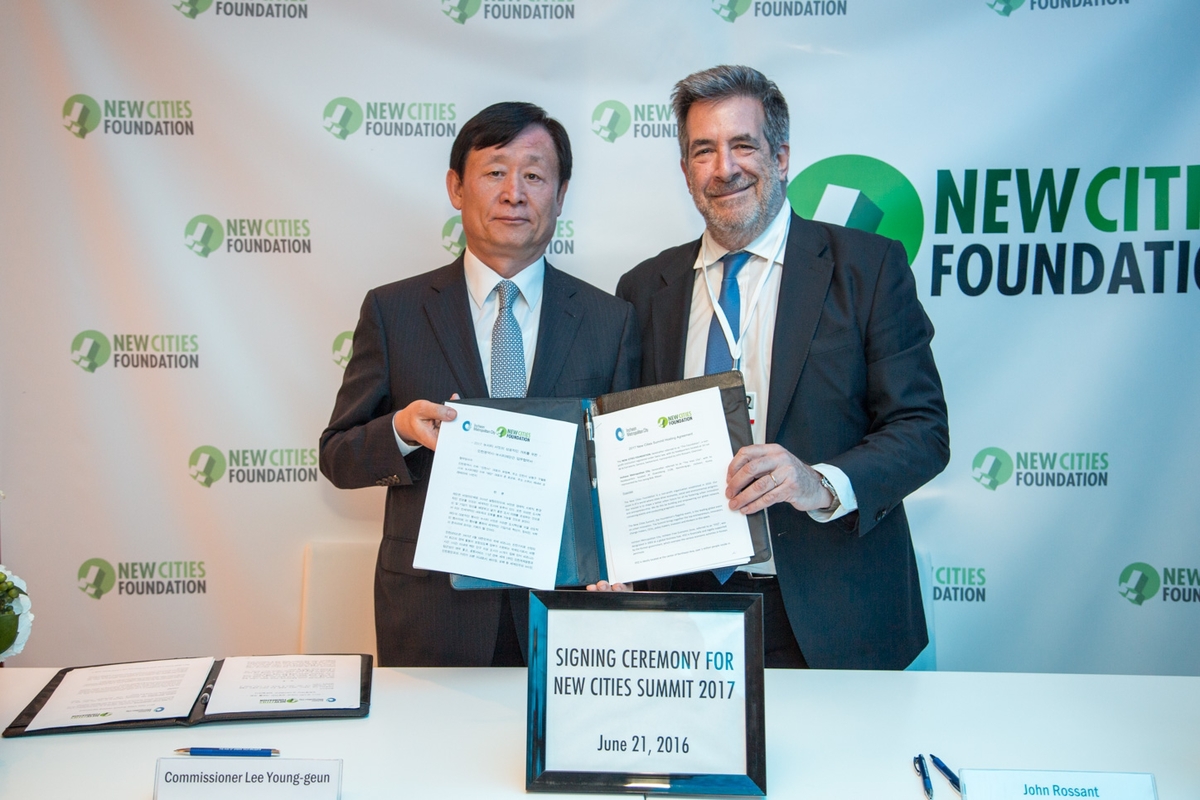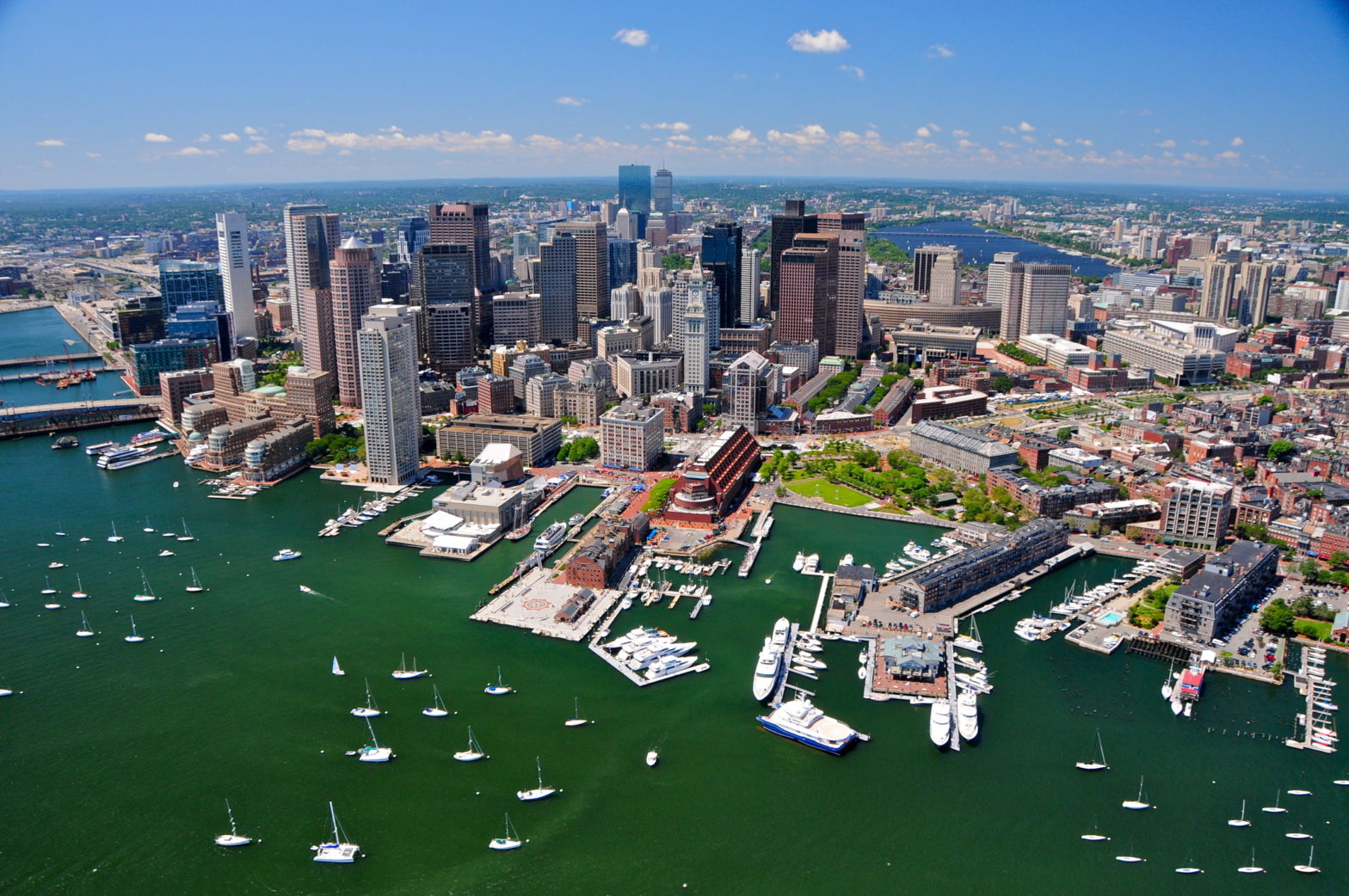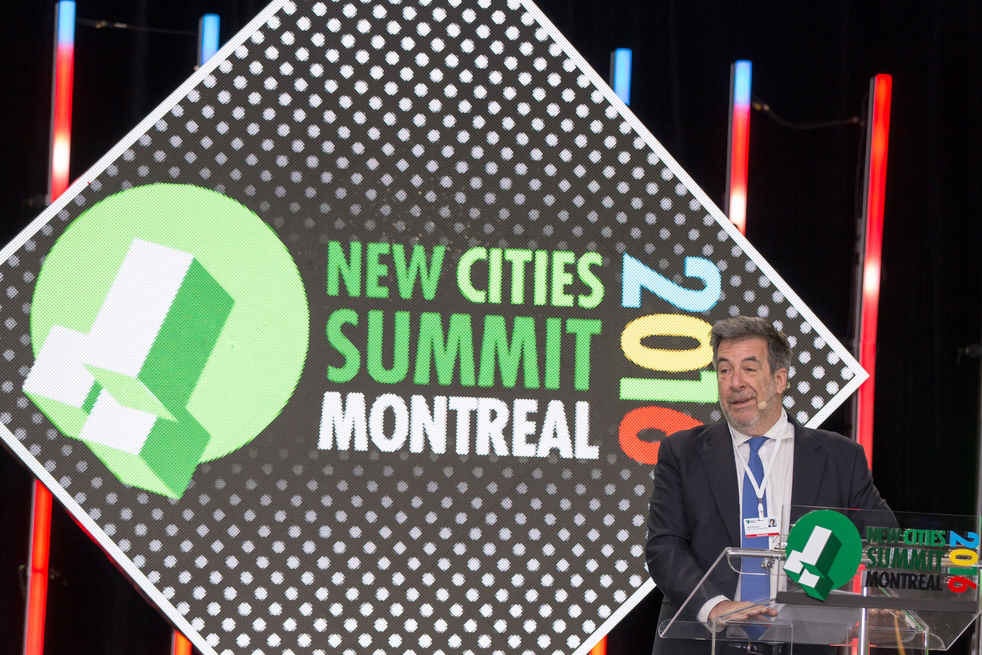
Photo: New-Cities-Summit-2016-John-Rossant-©-New-Cities-Foundation
Three things we learnt from the New Cities Summit
27 June 2016
by Jonathan Andrews
Montreal–home of the New Cities Foundation–last week (21-22 June) hosted the annual New Cities Summit that gathered over 500 technology experts, city mobility leaders, mayors and startups to discuss ideas and movements under the umbrella of ‘the age of urban tech’.
Is it all about technology?
A central theme that flowed through this year’s edition was how far urban technology can take cities. Anil Menon, Global Head of Smart+Connected Cities at Cisco, said the best thing that has happened since the concept of smart cities taking off is that people are focusing more on the technology, but “at the risk of being fired, it’s also the worst thing to have happened”.
“Smart communities are too important to be left to the technologists. Urban tech has to focus on the urban experience and less on the technology itself,” he said.
Ivy Taylor, Mayor of San Antonio in Texas–a ‘majority minority’ city that is 60 percent Latino–echoed those concerns and explained how her focus has been on using technology to help the quality of life for all and the opportunities for those left behind.
“Urban technology is the major promise to achieve this and to be globally competitive, not just within our countries, but also where everyone is connected to opportunities.”
The importance of startups
Helping cities to create these opportunities have been a number of startups including New Cities Foundation’s 10 recognised ‘global innovators’.
Launched less than two years ago, the Jugnoo location-based app for ordering auto rickshaws, or tuk tuks, has rapidly expanded to 30 cities in India. Operated via app and through Facebook the service has helped reduce pollution and needless traffic by ‘cruising’ tuk tuk drivers, and increased mobility efficiency for users.
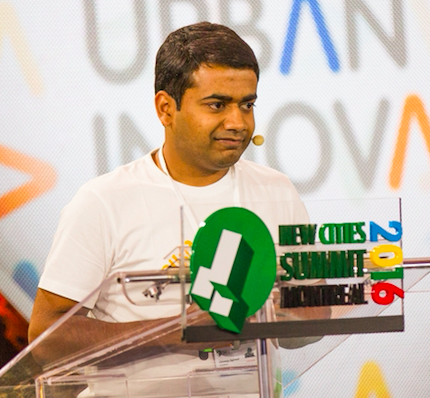
Co-founder and Chief Technology Officer, Chimnay Argawal, told Cities Today that the company will be launching the app in its first city outside of India later this year.
Apart from mobility location-based services what about the locations themselves? Steven Ramage, Director of Strategy from What3Words explained how just to have an address can be a fundamental life changer. By using “just three words” it identifies a 3 metre by 3 metre square anywhere on the planet.
“As it is an algorithm our solution takes up less than 10MB, small enough to install on almost all smartphones and works across platforms and devices,” said Ramage.
Available on 45 different platforms the addressing system can help land administrators cut costs, and identify city assets more easily like fire hydrants, and has helped deliver medicines in informal settlements in Cape Town and Rio.
“It’s even been used at the Glastonbury music festival in the UK for command and control response and to report disasters,” added Ramage. “Bars and hotels are even using it to cover entrances and exits.”
One city that has led the way to tap more into what startups can offer has been San Francisco. Tim Papandreou, Chief Innovation Officer at the city’s transport agency said that this year San Francisco will run its third Startup in Residence programme. Effectively throwing the city’s problems and challenges out into the open, selected startups have the opportunity to work alongside the city over 16 weeks to provide solutions.
“The nascent ‘govtech’ ecosystem lacks one critical element–access to the needs and mechanics of the government customer,” he said. “The programme connects the public sector directly to innovative technology entrepreneurs to help solve challenges faced by city government.”
Can master-planned cities play a role?
Sometimes criticised for being unsustainable or unrealistic, two ‘built from scratch’ economic free trade zone cities from Saudi Arabia and Korea presented the role that they can play in facilitating urban technology. Fahd Al-Rasheed, CEO and Managing Director of the King Abdullah Economic City in Saudi Arabia, stared down those criticisms.
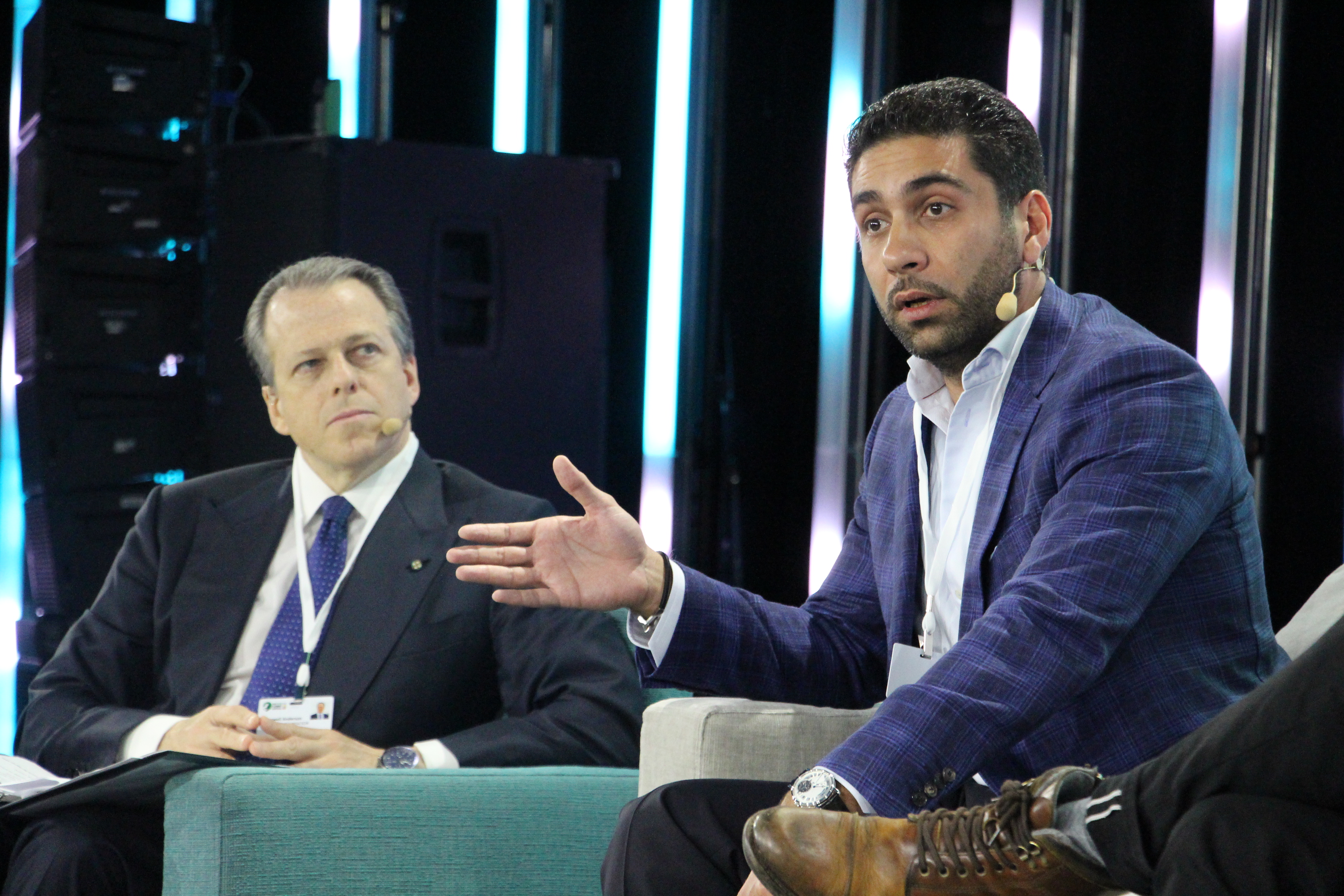
“We have a place in the world as a laboratory and to experiment,” he told Cities Today. “We are a socio and economic development opportunity for Saudi Arabia. We are building one of the largest ports in the world to address the logistical opportunities in the Red Sea. It’s one of the most important trade hubs in the world and the region is home to 750 million people which will grow to 1.5 billion by 2030.”
Similarly the Incheon Free Economic Zone (IFEZ) in Korea near Seoul’s airport that covers three zones counters criticism by revealing itself to be one of the most sustainable urban developments in the world with the highest number of LEED-certified projects.
During the summit it was announced that one of the three zones within IFEZ, Songdo, will host next year’s summit–the first time a greenfield city will play host.
Speaking at the signing ceremony, John Rossant, Chairman of New Cities Foundation, said that Songdo is exceptional and “holds unlimited potential for innovation” and that “is already setting the standards on progressive urban development.”
